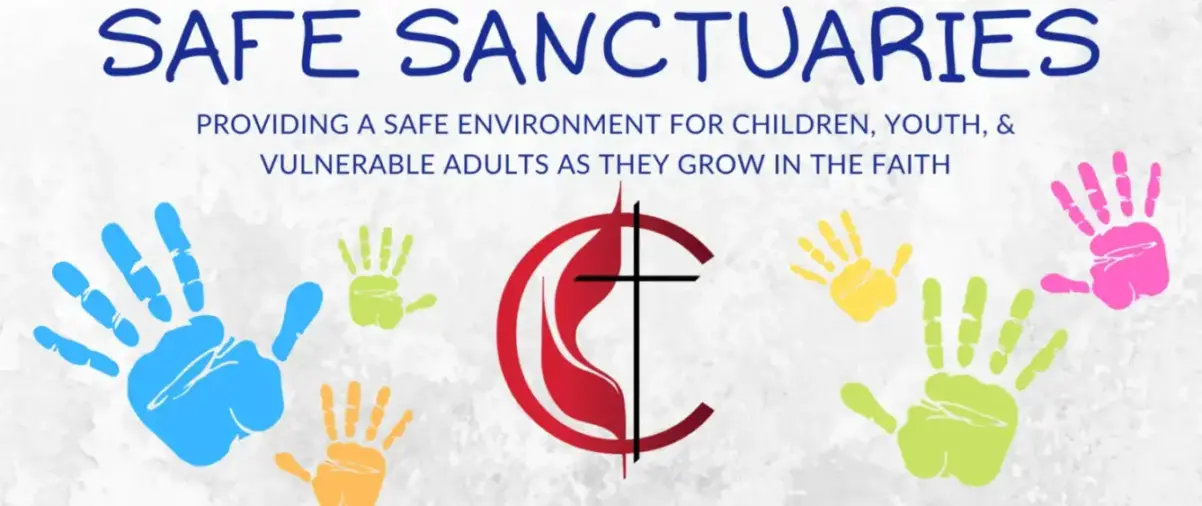There is one topic few churches want to talk about, but every church needs to address: Their Safe Sanctuary Policy or Protection Policy. For many of us the COVID pandemic changed the way we did ministry forever. This is most especially true for Children, Youth, Family, and Vulnerable Adult Ministry. Prior to the pandemic we likely were in a habit of looking over our policy, background checking, and holding an annual training for new volunteers. It was simply part of our calendar of events.
Yet let’s face it, our world has changed in the last 3 ½ years. We have Zoom meetings, we might have online parties and game nights, our volunteer pool has changed, and training is online. Life has just changed! So my question to you is… has your Protection Policy changed with the times?
Having a solid and comprehensive Protection Policy is an act of hospitality. As the conference website reminds us “the purpose of a protection policy (also known in The United Methodist Church as Safe Sanctuaries) is to protect all children, youth, and vulnerable as well as volunteers and staff who work with these populations. While this policy may help limit legal liability, its main purpose is part of our theological task to care for ALL God’s people.”
All churches need to have an up-to-date Protection Policy that is unique to your church. First and foremost, it cares for the most vulnerable population of God’s children by establishing guidelines and expectations to minimize the risk of abuse. Second, it cares for those who are in ministry with those most vulnerable persons, both paid and volunteer; it gives them training and guidelines to know how to appropriately serve these different populations. Third, it reduces risk and limits the extent of liability for a local church.
So what are the parts of a Protection Policy? There are four portions of your church’s Protection Policy that work together: All are vital to make a strong policy.
- Application – Everyone, even a youth working in the nursery, needs to fill out the application. You will be asked to provide references, that will be checked.
- Background check – yes, everyone who works with children, youth and vulnerable adults needs to be background checked. It may seem overwhelming, a youth, or someone you have known all your life; yet, when we ask everyone to be background checked; it maintains consistency! Free statewide background checks can be made through an ICHAT.
- Training – yes everyone must go through the training. But you might be saying, “I don’t know how to do training!” The district & the conference used to offer in-person training, but they are no longer available. There are great resources available on the conference website at https://michiganumc.org/resources/church-protection-policy/ which include ways to create your own training and ways to pay to participate in premade trainings.
- Policy and Procedures – What to do portion of your Protection Policy; it includes such things as adult to child ratio, two person rules, and what to do if abuse happens. There is a sample downloadable policy that can be revised for your congregation on the website mentioned above.
Whether it has been last fall that you have looked at your policy or been a few more years than that, I encourage you to take this opportunity to ensure that your Protection Policy is up to date. Whether you are working with Children, Youth, or Vulnerable Adults to protect everyone. We are all valuable Children of God.

